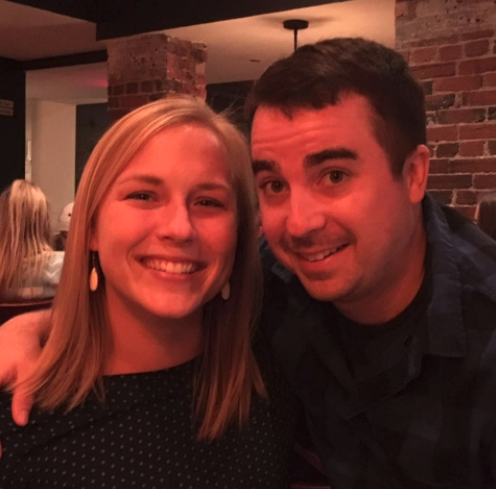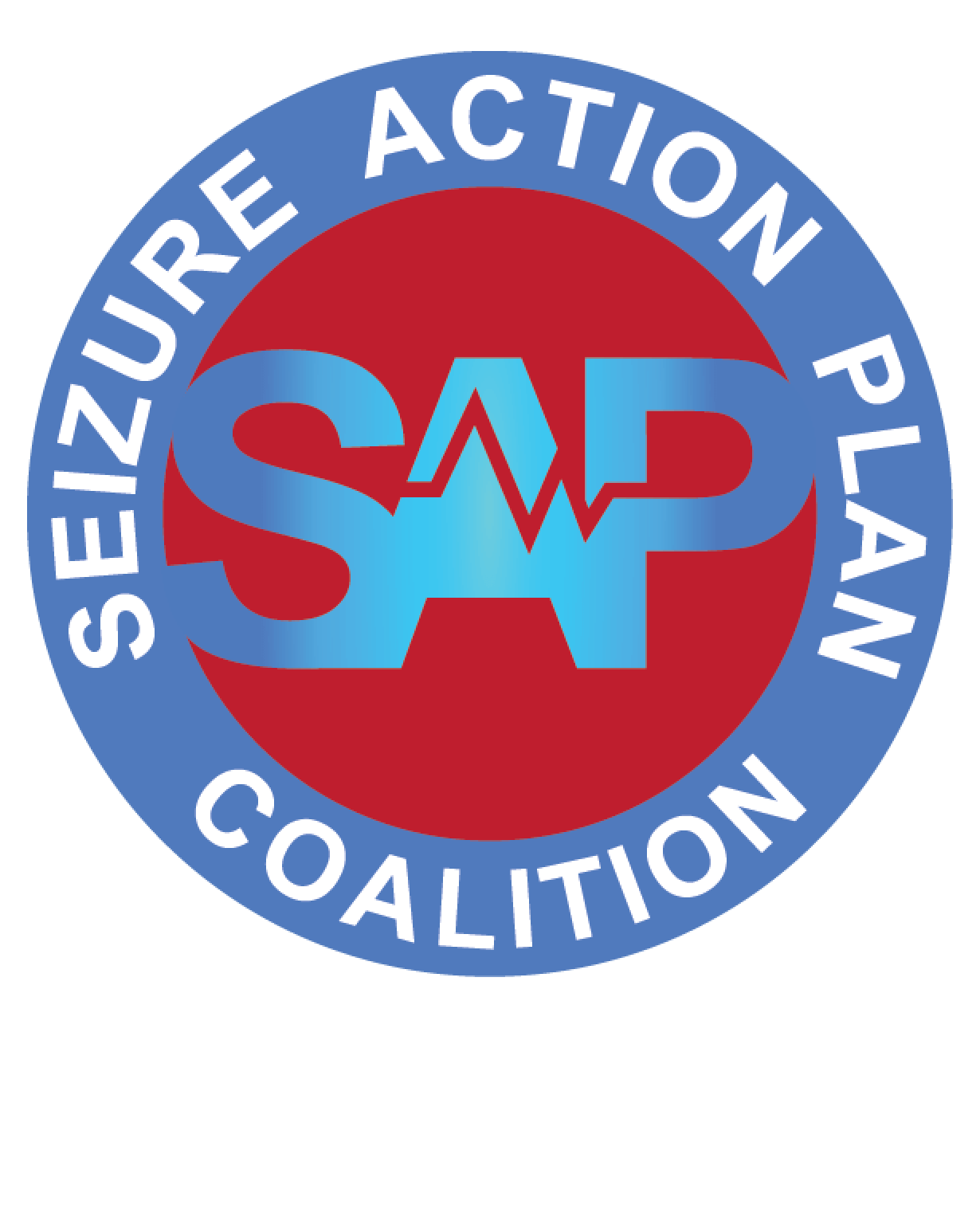
“Others genuinely appreciate being prepared and knowing what to do should I have a seizure.”
“So, what do I do if you have a seizure?” That’s the most common question whenever I tell a friend or colleague about my epilepsy. Throughout the years, I have had different ways to answer them.
My journey with epilepsy began my freshman year of college when I had a generalized tonic clonic seizure while sleeping in my dorm room. Since that first seizure in 2006, I have yet to gain full control over my seizures, which present as focal impaired awareness seizures. My seizure frequency has varied over the years. Some years I only have five seizures, other years I have had over 60. The scariest part of my seizures is that they happen without warning. I have had them at work, alone in an airport, while on public transit, and while walking alone to meet friends. Perhaps the scariest was when I had one while driving, which led to an accident. I have always felt it important to disclose my epilepsy to friends and colleagues, since disclosure would make me safer if they were aware.
I’ve lived independently and in many different cities for work, so it has always been important to have an answer ready when people ask what to do if I have a seizure. I try to educate them briefly on my “typical” type of seizure, while also going over what generalized tonic clonic seizures look like, since that would be when they need to call 911. I share that otherwise, they can sit with me until I come out of my seizure and become my usual self again. I let them know I have a note in my phone with my medications listed and I also give them a phone number in case of an emergency. Over the years this number has varied from a best friend, parent, or partner. When educating my friends and colleagues about seizures and how to keep me safe, it is clear that my focal impaired awareness seizures confused a lot of people. A few years ago, my husband was able to capture a seizure on video and I often share a brief clip of that video with others when educating them about my epilepsy.
Having a seizure action plan has been vital throughout my 15 years of living with epilepsy. By educating friends and colleagues over the years, I have learned that others genuinely appreciate being prepared and knowing what to do should I have a seizure. In the cases when they needed to act, they were comfortable, since they were taught what to look for and what to do. Having a seizure action plan has made it easy to keep all the important information about my epilepsy in one place. Developing a seizure action plan with my care team has made both me and my husband feel more prepared should an emergency situation arise.




